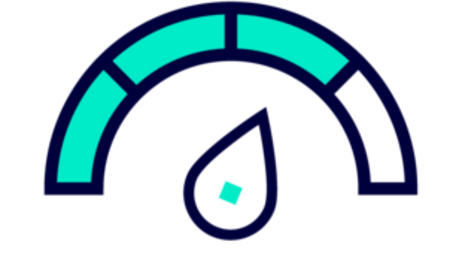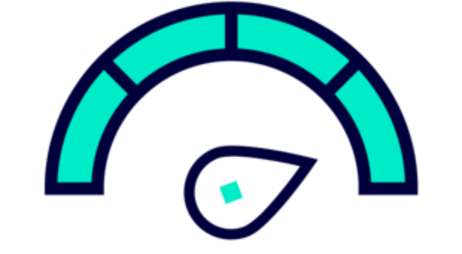Energy efficiency and sustainability are becoming increasingly important for the data centre industry. This is underlined, among other things, by the Climate Neutral Data Centre Pact, which aims to achieve climate neutrality for data centres by 2030 at the latest. The German government's current coalition agreement also provides for CO2 neutrality for new data centres in 2027 and passed and published the Energy Efficiency Act (EnEfG) on 17 November 2023, which defines far-reaching requirements for energy-efficient data centre operations.
At EU level, there are further extensive initiatives by two different ministries (DG ENER & DG CONNECT) that focus on data centres as "energy-intensive objects" in order to take account of the EU Commission's Green Deal.
With the developed TSE methodology (Trusted Site Energy Efficiency), TÜV NORD provides market players (e.g. planners, installers, data centre operators and supervisory authorities) with an effective tool with which they can strive for, implement and verify the most sustainable and energy-efficient operation of their data centres. The basis for this is the introduction of a data centre-specific energy management system (EnMS) in accordance with ISO 50001:2018.
With regard to the new EU directives, TSE offers a modular system that can be used to fulfil the requirements of the EU taxonomy, the Energy Efficiency Directive (EED) and the Data Centre Maturity Model (EN 50600-5). In addition, the introduction of a data centre-specific energy management system in accordance with ISO 50001 as required by the new Energy Efficiency Act (EnEfG, §12) is also taken into account.
TÜV NORD CERT fulfils the requirements as an accredited certification body in accordance with ISO/IEC 17021, which means that TÜVIT and TÜV NORD CERT can jointly carry out the required audits and certifications in relation to the EU taxonomy, the EED and the Energy Efficiency Act (e.g. in accordance with ISO 50001).











